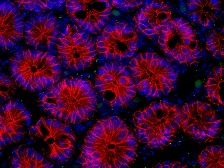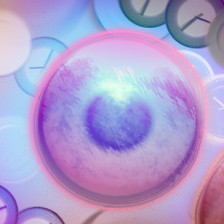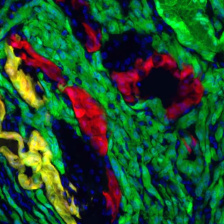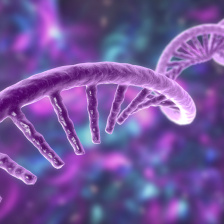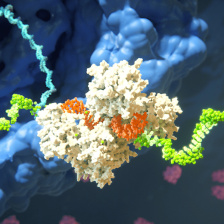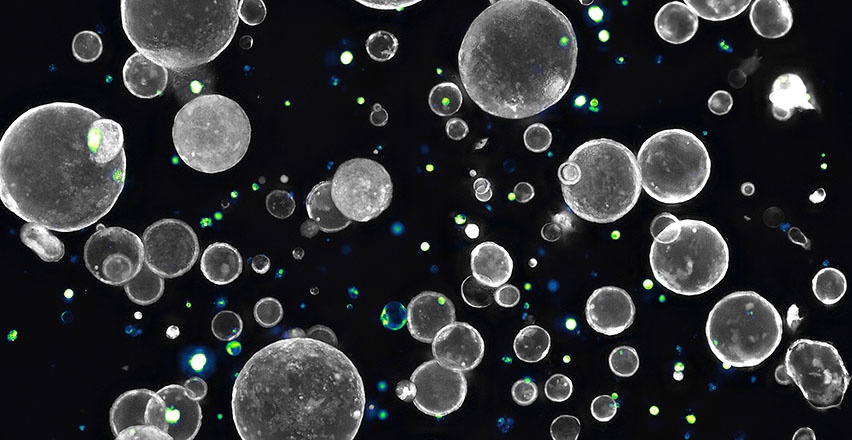
These sphere-shaped miniature organs, known as organoids, are being used by the Yilmaz Lab to study the events leading to colon tumor initiation, with the aim of identifying the earliest possible interventions to limit cancer progression. Credit: Jonathan Braverman, George Eng, Daiyao Zhang, Ömer Yilmaz. (2020 Image Awards winner)
There’s only one cure for cancer...research. Every clinical advance has a rich history of discovery science behind it. Since the Center for Cancer Research was established in the 1970s, MIT has been at the cutting edge of discovery, leading the way even without a roadmap for exactly where our investigations would take us. Nevertheless, these inquiries laid the foundation for new tools and treatments that have transformed cancer care, such as Gleevec® and Herceptin® (two of the first FDA-approved molecularly targeted cancer drugs).
For the next generation of transformative tools and treatments, we must continue these essential explorations. Our understanding of the biological underpinnings of cancer has grown by leaps and bounds in the last few decades, yet we still lack the knowledge to address some of the problems that matter most to patients. Our researchers are helping to lay the foundation for engineering the tools and treatments of tomorrow, by asking basic questions about the nature of cancer and the biological processes that support it. We are probing the fundamental structures, organization, and behavior of cells even as we are reimagining the tools available to study them. We ask big questions because the answers will have the most impact for patients, clinicians, and for research itself.
